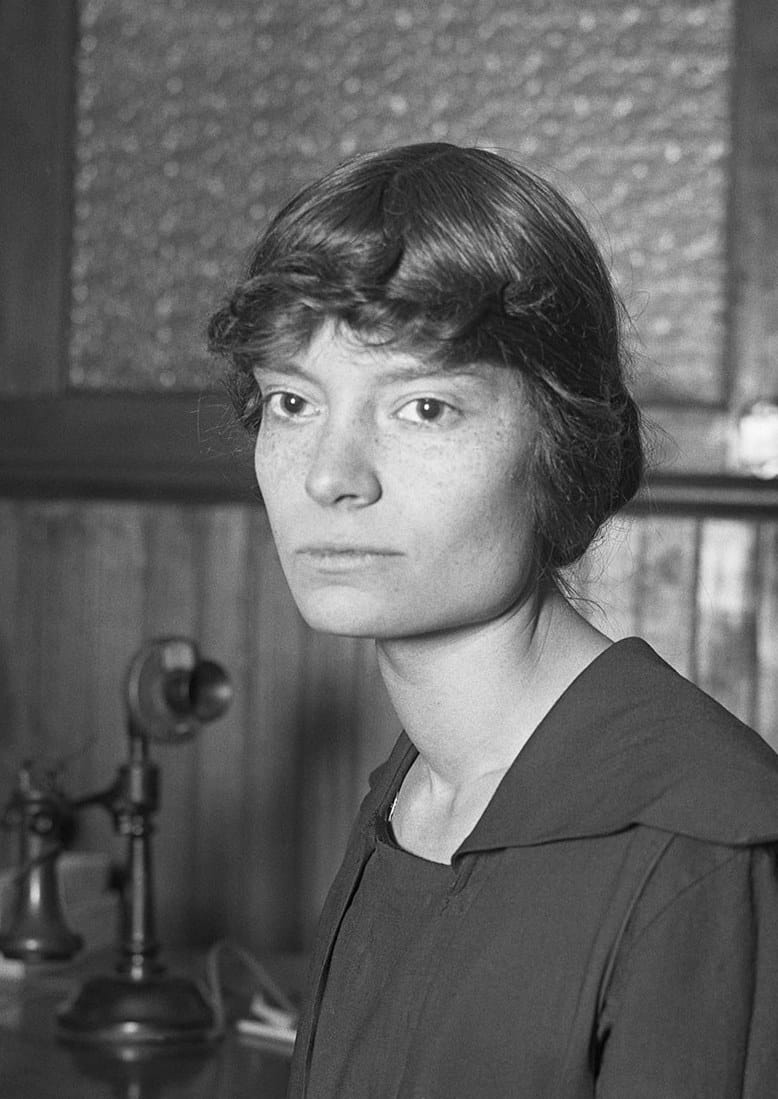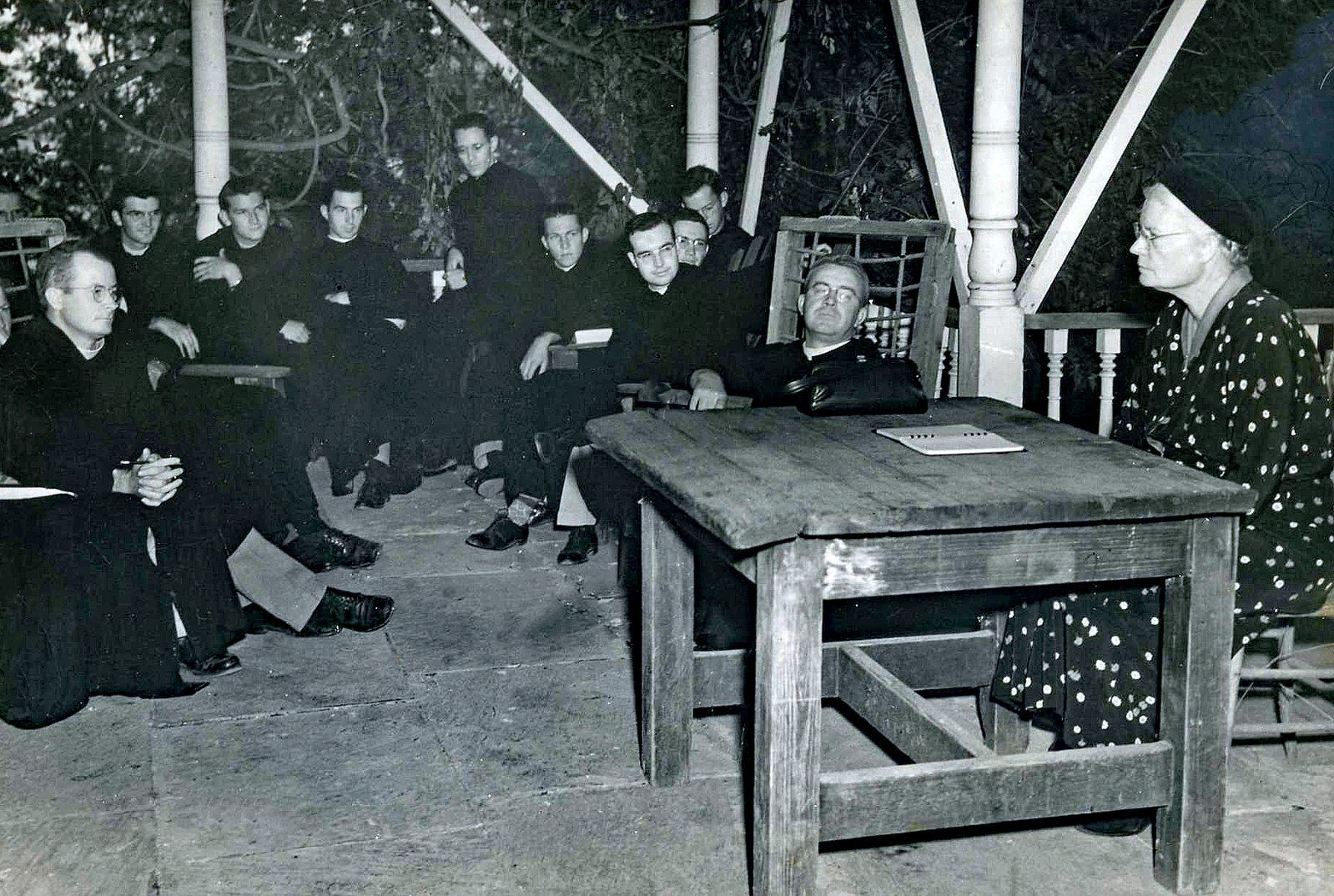The Stumbling Block: On Dorothy Day's Cause
Matthew Walther at The Lamp

Not long ago an acquaintance who is an avowed admirer of Dorothy Day asked me when her heroine will “be made a saint.” I tried my best to answer the question charitably, though I could not help silently objecting to the way in which it had been framed, as if it were the Church’s business to mint saints, like coins, rather than to recognize and pronounce them genuine, as a museum curator might an Etruscan bronze of somewhat dubious provenance, after a great deal of hesitation and some consultation with other experts.
Still, one hates to be obtuse (my interlocutor was not a Catholic) and, after all, the question of whether and when Day’s cause—first opened twenty-three years ago—will proceed is an interesting one. While I suspect that most of my readers will agree with me when I say it is unlikely that Day will ever be raised to the altars, it is worth considering why this is the case.
After all, unlike many persons canonized in the last thirty or so years, it would be absurd to deny that there is in fact a “local cult” of Day. Indeed, with the obvious exceptions of Newman and John Paul II, one could argue that no figure whose cause has been taken up in the last quarter of a century enjoys anything even approaching her popular following. While there is a certain meretricious quality to most depictions of her—they are often of a piece with the blasphemous Ruth Bader Ginsburg “prayer” candles one occasionally sees for sale—she really is the subject of what is rightly called Catholic “folk art,” which is more than can be said for, say, Paul VI. Point one for Day’s supporters.
It is in attempting to address the thornier questions of Day’s orthodoxy and her claim to a life of truly heroic charity that I think our answers begin to incline toward the negative. Her anarchism, for example, will strike most sensible Catholics as untenable at best if not worthy of condemnation. Her pacifism (which in any case seems increasingly unfashionable in the very liberal Catholic circles in which her admirers tend to be found) is also suspect, especially when one considers the extent to which it admitted of what were, if not exceptions, then certainly a kind of dubious equivocation. The neutrality of the Catholic Worker during the Spanish Civil War might now be forgiven her by the Congregation for the Causes of Saints (though it was an anomaly in the English-speaking Catholic press at the time), but what about her views on the Cuban revolution? It is one thing to acknowledge, as she did, that the Cuban people might feel it “better to revolt violently than to do nothing about the poor destitute”; it is another to say:
I am most of all interested in the religious life of the people and so must not be on the side of a regime that favors the extirpation of religion. On the other hand, when that regime is bending all its efforts to make a good life for the people, a naturally good life (on which grace can build) one cannot help but be in favor of the measures taken.
Which measures, and could one, in fact, help it? This looks pollyannaish to say the least, especially coming from someone who took great pains to dismiss even the most qualified defenses of Spanish Nationalism among her fellow Catholics. It looks like, and probably was, an attempt to have it both ways.

Still, it would be a mistake to dismiss Day as a political hack. She was in her way a sincere and pious woman to whom prayer obviously mattered a great deal. She was also a more idiosyncratic figure than many people assume, and, I think, someone whose professed admirers would probably dislike if they considered the full range of her views, and whose critics probably agree with more than they realize. When Cardinal Dolan reflected on Day’s life in a sermon last year, some of her admirers complained that he had not given enough attention to her civil rights activism and her pacifism. One wonders whether they would feel the same way about airing her views on premarital sex and masturbation, which she once referred to as “demonic,” or her insistence that the abortion she had in 1920 was something she “regretted every day of her life” and “the ultimate act of violence against innocent life.”
